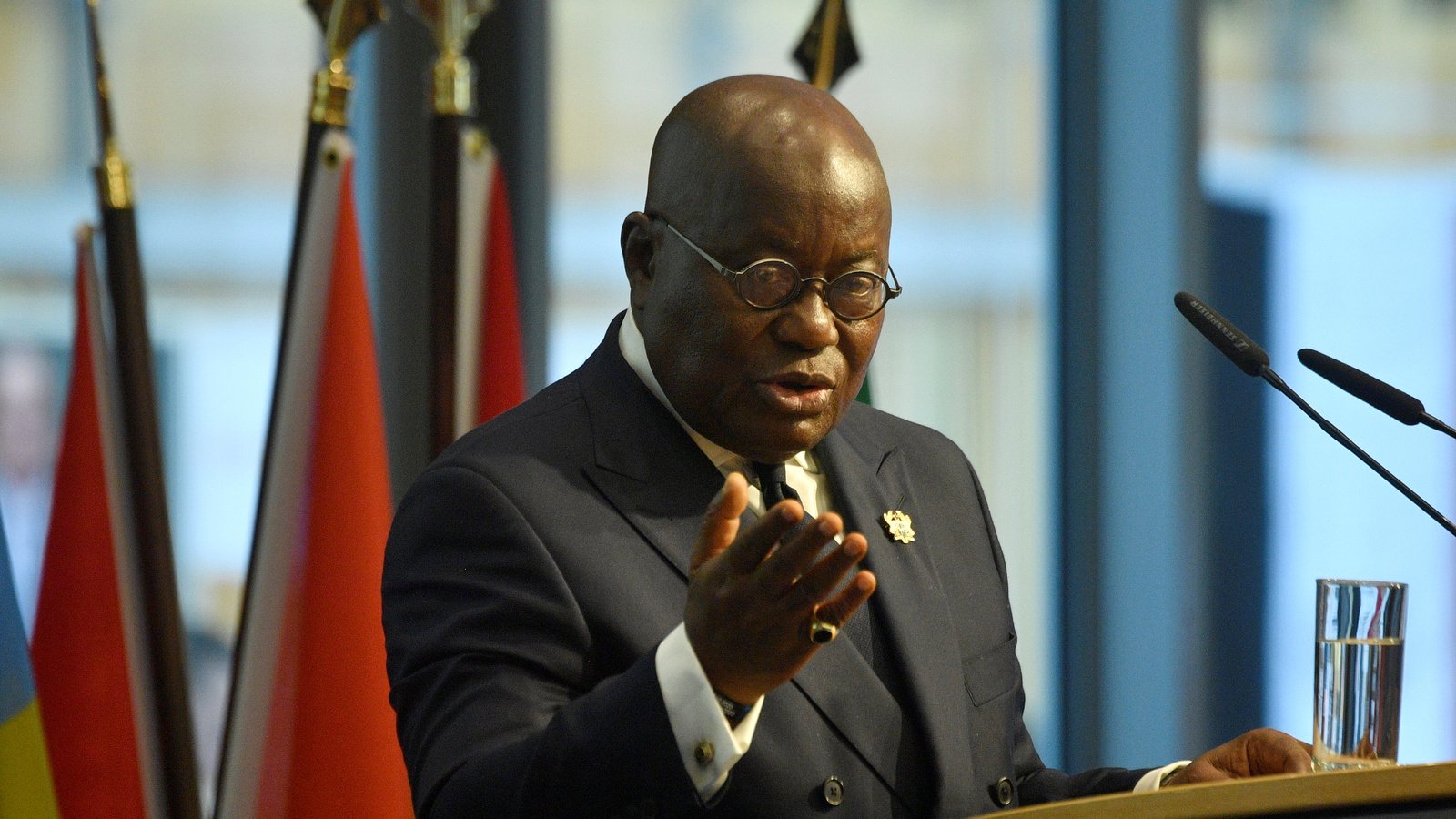
Time ripe for Africa to create new economic model
President Nana Addo Dankwa Akufo-Addo this week threw a challenge to African countries to look for ways to secure cheaper funding to finance their development.
He thinks that African countries have for so long had to pay punitive and abusive borrowing cost on the international markets, thereby making foreign creditors live off the sweat and toil of African countries.
Advertisement
The President added that there was no basis for African economies to be saddled with the so-called ‘African Risk Premium’, which translated into higher spreads for European and North American counterparts, particularly when African resources were the catalyst for the economic advancement of Western nations.
President Akufo-Addo, who is the African Union (AU) Champion for Gender and Financial Institutions, threw the challenge when he opened the Annual General Meetings of the African Development Bank (AfDB) in Accra yesterday.
The President’s position that African leaders must find alternative avenues of financing their economic transformation is apt because debt challenges are compounding difficulties for many countries.
Any keen observer of events in Africa knows that recently, a number of these economies have run into difficulties servicing foreign currency denominated debt — particularly as commodity prices and local currencies have plunged since the onset of the COVID-19 crisis, recently made worse by the Russia-Ukraine war.
Zambia, notably, was recently unable to make a $42.5-million Eurobond repayment, becoming the first African nation to default on its debt since the onset of the crisis.
The situation is serious, considering that 18 African economies faced credit downgrades, even when all economies were suffering from fallouts from the pandemic last year.
The truth is that apart from the domestic bond markets, the past 12 years has witnessed an increase in Eurobonds issued by African countries. In fact, 20 countries have issued Eurobonds on the international capital markets, while more than $120 billion has been collected by those countries, with the largest issuers been Egypt, South Africa and Nigeria.
The challenges for African countries issuing international bonds are the relatively high interest costs, compared to concessional financing, and the concentrated principal payments at maturity.
The average borrowing rate varies from 3.85 per cent in Morocco to 10.14 per cent in Zambia. In addition to these publicly reported borrowing interest rates, other indirect fees to be added to the direct cost, such as the cost-of-carry, the hedging cost, etc., must be considered when evaluating the total cost of borrowing from these international markets.
We hold the view that the time has come for African nations and their financial institutions to create a new economic model that ensures adequate funding opportunities to take care of their needs.
The situation is worrying, considering the fact that the debt profile of Africa has changed. For instance, the United Nations Economic Commission for Africa (UNECA) indicates that the debt-to-Gross Domestic Product (GDP) ratio rose from 60 per cent to an estimated 70.1 per cent between 2019 and 2020, largely because of the COVID-19 pandemic.
We want to sound a caution that in the midst of the challenges, African nations must be aware of their vulnerability to the monetary policy stance of the United States (US) Federal Reserve of raising interest rates in the US, as investors may exit African markets, further exacerbating the increasing cost of borrowing.
Indeed, there are indications of trying times. The International Monetary Fund’s (IMF’s) $650 billion special drawing rights (SDRs), approved in August 2021, are meant to be of significant relief. However, based on the allocation principles, African economies got just $33 billion, about five per cent.
Moreover, the promise to reallocate some $100 billion of the SDRs to our economies, which was agreed to at the Paris Summit in 2019, had yielded about $36 billion in pledges as of April 2022.
We agree with President Akufo-Addo that the strategic decision to make the AfDB the delivery vehicle for the SDRs must be pursued and achieved, for the fact that leveraging the SDRs for four times as the AfDB intends to do will significantly boost resources for Africa’s transformation.




